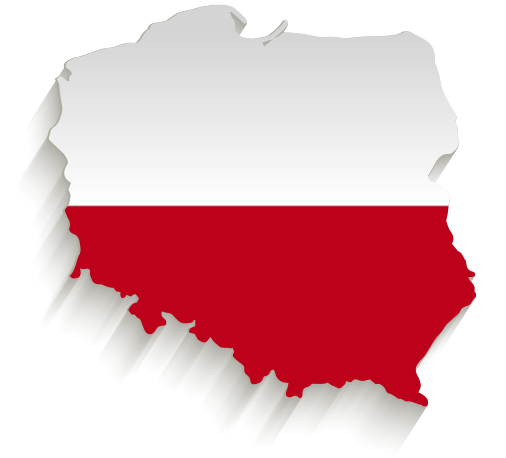(Grant Agreement n. 669194)
Foreign trade enterprises played a fundamental role in maintaining economic relations with Western actors as they were the only institutions entitled to trade in foreign currencies. As a consequence, they organised and supervised every business deal with foreign companies. Poland had over 40 foreign trade enterprises, a higher number than in other socialist regimes.
Given the new economic strategy based on increasing economic cooperation with the West, in the 1970s the organisation of the foreign trade apparatus became an object of debate, which resulted in institutional changes. While traditionally all foreign trade enterprises were subordinated to the Ministry of Foreign Trade, during the decade some of them became members of industrial associations. This change was intended to better coordinate production with exports, which were critical for maintaining balanced trade with the West. In practice, it resulted in a decrease in the executive role of the Ministry of Foreign Trade and a rise in the importance of specific industries.
A job in foreign trade was one of the most lucrative and prestigious career paths. It involved numerous trips to the West and allowances in foreign currencies. The majority of people employed in foreign trade enterprises came from the Foreign Trade Department of the Main School of Planning and Statistics. However, the foreign trade enterprises were also well known for their close links with the security services, especially intelligence. These institutions, and above all their foreign branches, were usually filled with spies and closely monitored by the Ministry of the Interior.
While they were fundamental in maintaining relations with the West, the employees of foreign trade enterprises had minimal influence over policymaking. They were never invited to party or government meetings, and even now the vast majority of them remain anonymous. Nonetheless, through their work and the apparent profits they drew from it, they became a source of pressure to maintain and expand economic cooperation with the West. In the 1970s, some foreign trade enterprises were even accused of orchestrating unprofitable business deals, only to use them as pretexts to travel to the West. Moreover, these institutions often participated in choosing among trade offers arriving from the West. In these cases, their preferences played a significant role, privileging some countries and producers over others. Additionally, through their close links with production sectors they took part in various lobby groups. For instance, foreign trade enterprises such as Unitra, Universal and Pol-Mot, which were responsible for trade involving technologically advanced machinery, supported buying modern technology and launching new production. Thus, the specific goals of a foreign trade enterprise largely depended on its trade specialisation.
* This text summarises some of the research findings of PanEur1970s team member Aleksandra Komornicka, which are published as a chapter in PanEur1970s’ academic edited book. For a link to the e-book, please see Poland’s “Overview” webpage of this map.
